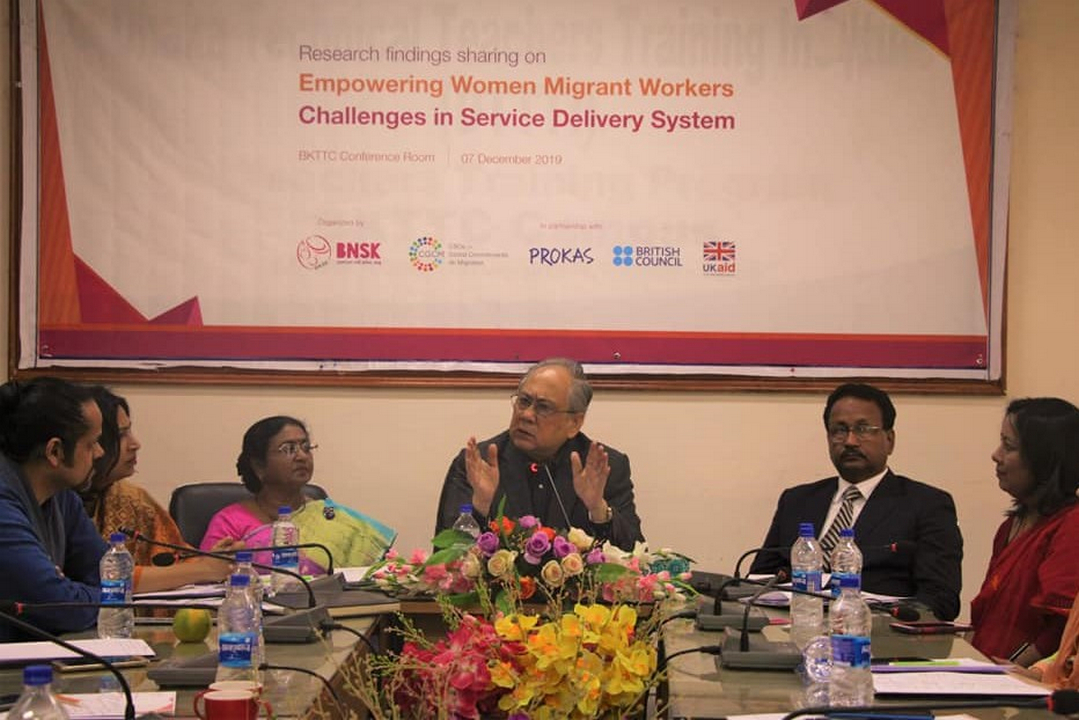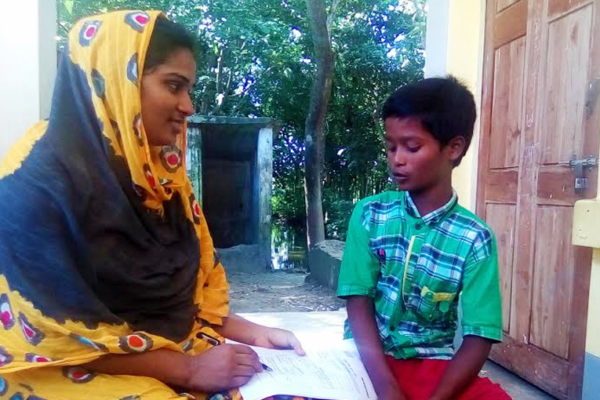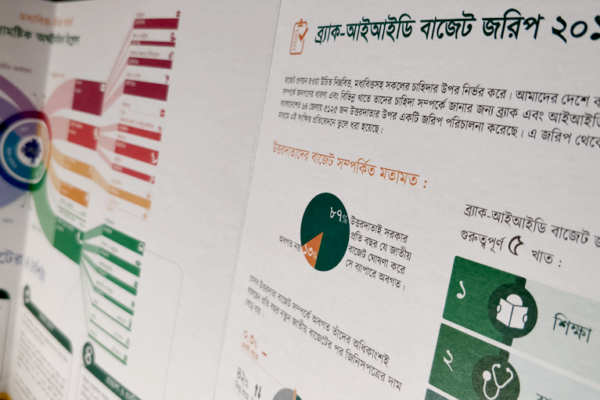IID’s study found that using a cash based transaction system has more than direct costs associated with it. Cash based systems were found to be insecure because transportation and storage is problematic. Furthermore, there is always the chance of damage to physical money and it creates a greater scope for corruption. Direct cost of cash was calculated for selected BRAC programmes, by considering cost of time that a person is involved in the process. As it seems, for large programmes like BRAC microfinance, only the installment collection process requires 585000 person-hours which is equivalent to Tk. 52 million. However, mobile money can potentially reduce the person-hours required and consequently decreasing the direct costs.
Furthermore, mobile money can also mitigate the indirect costs associated with using a cash based system. It saves time and is more secured than carrying out cash based transactions. Mobile money also reduces the possibility of error by eliminating different stages of documentation.
Despite these advantages, a complete shift to mobile money will be difficult given the social resistance to using virtual money. There are also other concerns regarding users’ ability to use the technology, the access to mobile phones, and the availability of mobile money agents.
IID has undertaken the project in partnership with BRAC and carried out the process analysis of money transfers of six BRAC programs. The main aim of the study was to identify the costs of using a cash based system and to assess how a mobile money based system can help mitigate these costs.



